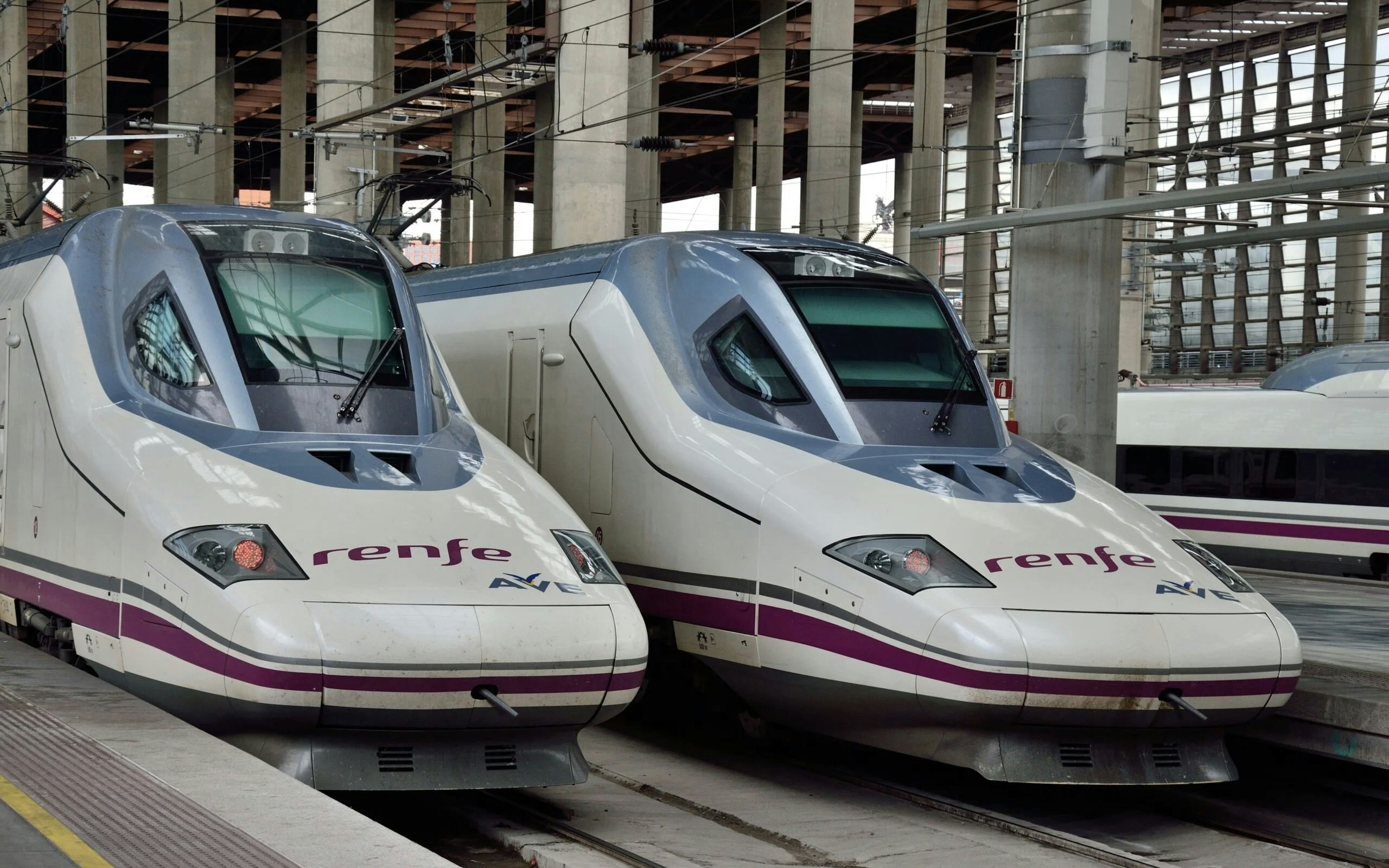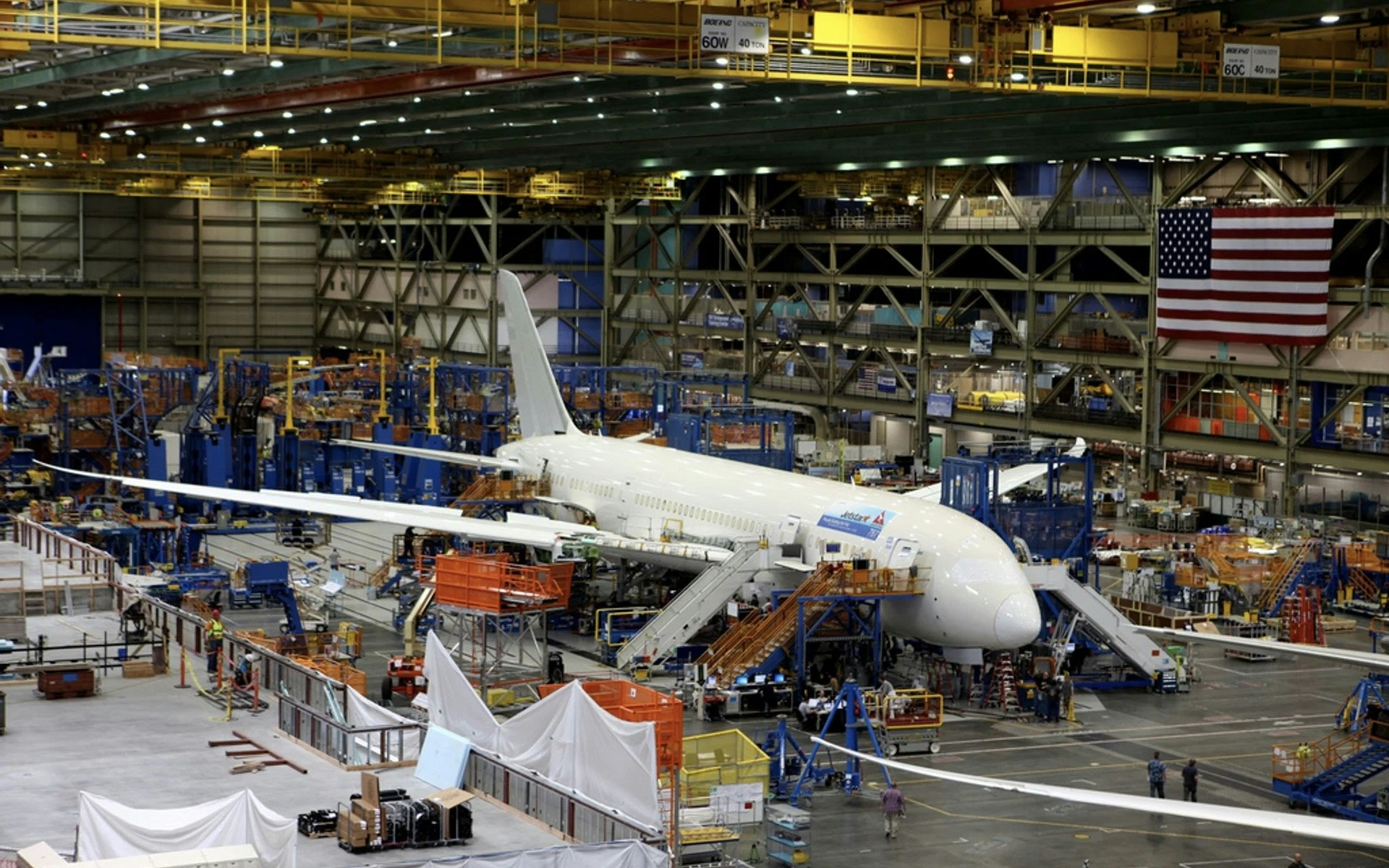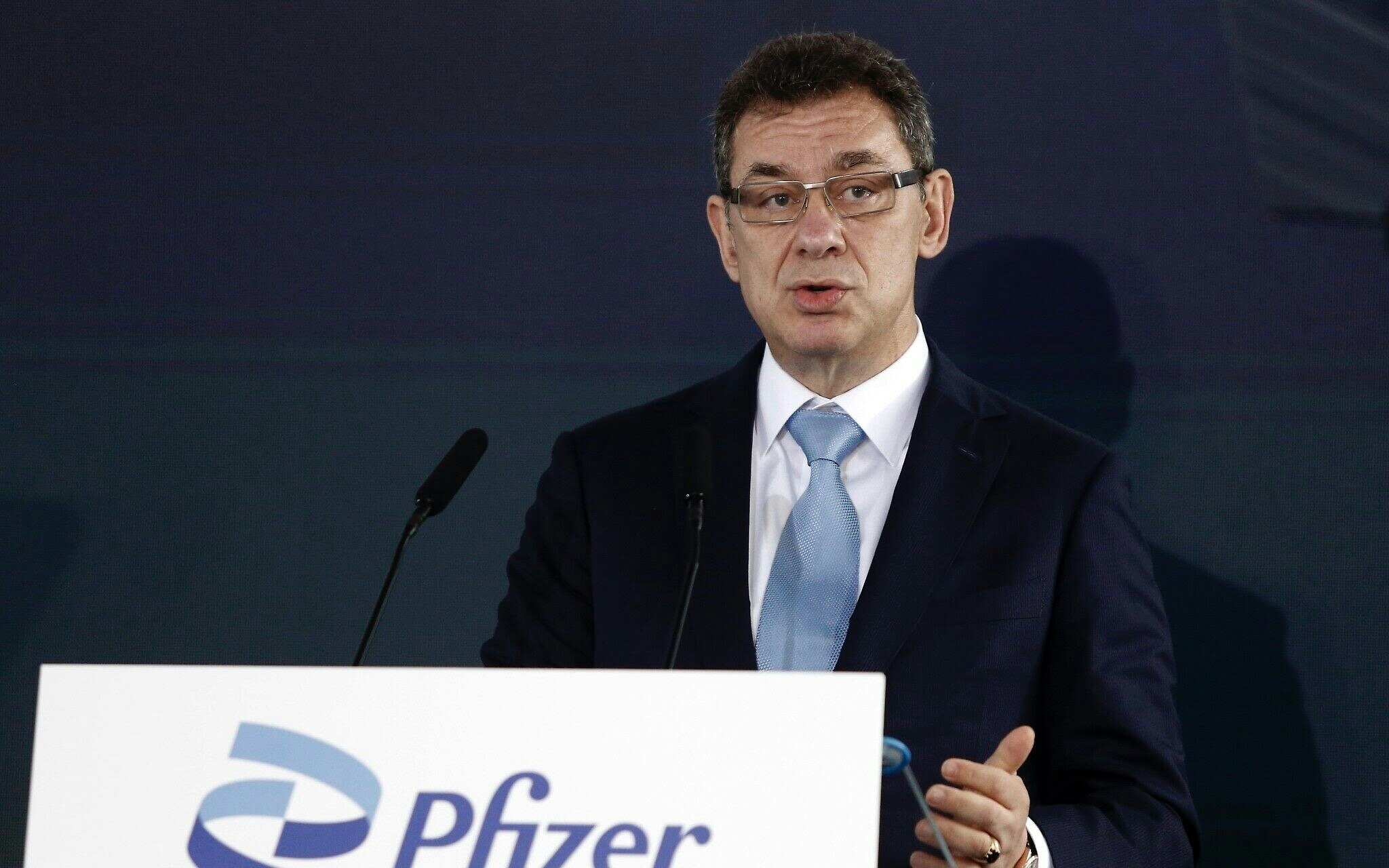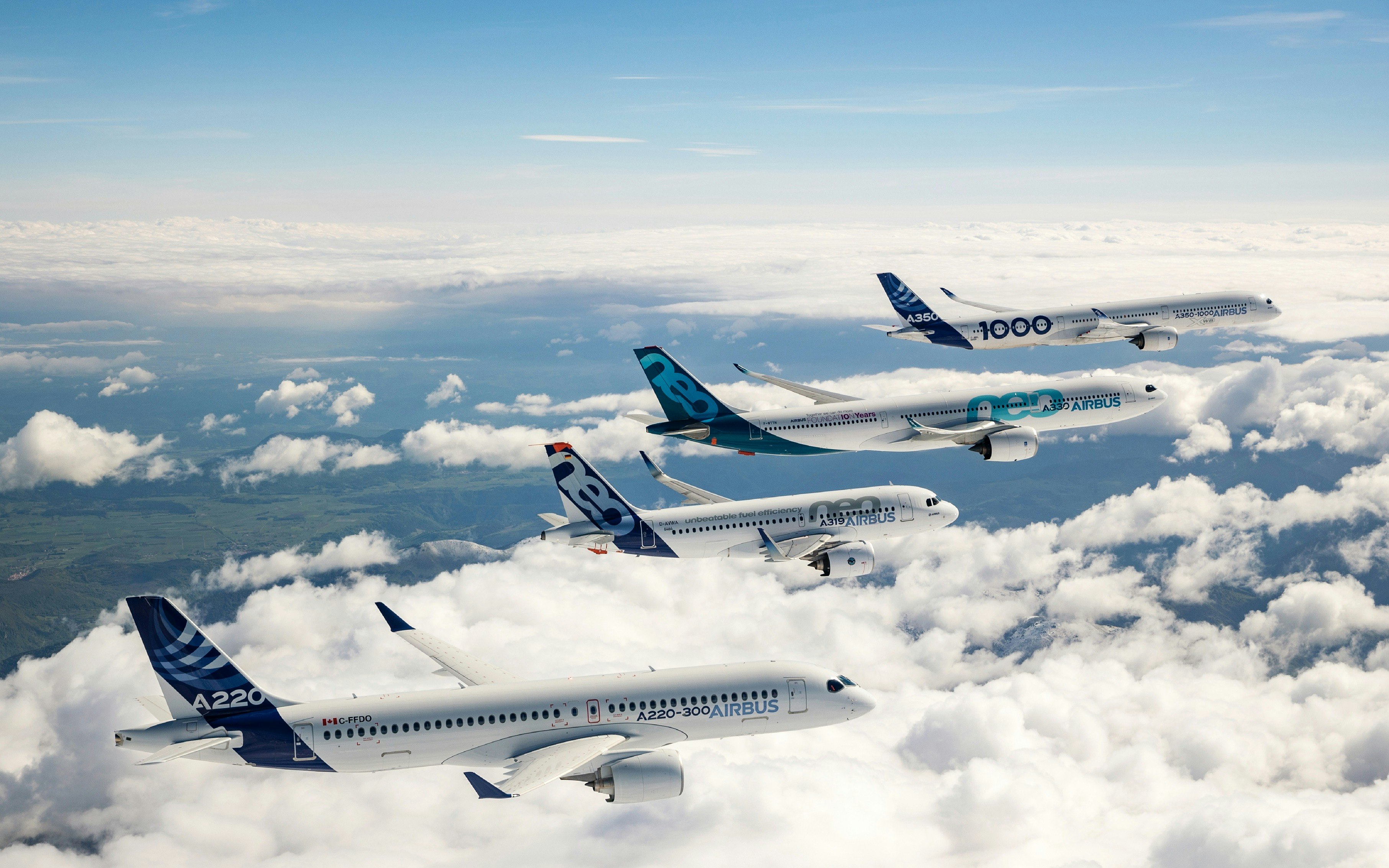E-Commerce giant Amazon was informed on Thursday that the deal is expected to be rejected. The Federal Trade Commission (FTC) was preparing a US lawsuit to block the acquisition. The proposal by Amazon.com Inc. to acquire iRobot Corp., the manufacturer of Roomba, for $1.4 billion is expected to be rejected by the European competition authority.
The fear exists that the deal will harm other manufacturers of vacuum robots. During a meeting on Thursday with representatives of the European Commission, the e-commerce giant was informed that the deal is likely to be rejected, as reported by people familiar with the matter.
A final decision still requires formal approval from the political leadership of the EU and must be made by February 14th. Amazon has not commented. The shares of iRobot, based in Bedford, Massachusetts, fell by 36% in pre-market trading. The spread of the deal expanded to $28 on Thursday.
The Wall Street Journal was the first to report on the expected decision from the meeting. The deal is likely to face resistance in the United States as well. According to individuals familiar with the matter, the Federal Trade Commission is preparing a lawsuit aimed at blocking the acquisition.
The three commissioners of the FTC have not yet voted on a challenge or held a final meeting with Amazon to discuss the potential case, said the individuals who requested anonymity in order to discuss an ongoing investigation.
It was generally expected that the European Commission would resist the takeover after expressing concerns last month that Amazon might be attempting to use its dominant position as an online retailer to favor iRobot products over those of its competitors.
The interim competition chief of the EU, Didier Reynders, said that Amazon must be fair to all robot vacuum cleaners offered on its platform. Amazon declined to make concessions to address the concerns of the EU. Instead, the e-commerce company is already preparing a legal challenge against the Commission's decision, according to a person familiar with the matter.
It would be the second major technology merger blocked by the EU regulator in recent months, who had rejected Booking Holdings Inc.'s 1.6 billion euro ($1.7 billion) offer for Sweden's Etraveli Group in September. Booking filed an appeal against this decision.
The rejection of the EU for the iRobot acquisition highlights the tensions between Amazon's retail activities and its ambitions for the smart home ecosystem around its voice assistant Alexa. The FTC has also expressed concerns that the deal would give Amazon too much control over the smart home device market and potentially violate users' privacy by granting the company access to data about their homes.
Analysts say that the EU's decision is a relatively minor setback for Amazon, as the company has the resources to pursue alternatives to the deal. "Amazon can continue its home networking strategy even without iRobot," said Gil Lauria from D.A. Davidson & Co. in an interview, adding, "This is a very small deal for a very large company."
The stakes for iRobot may be higher. The company, which pioneered robot vacuum cleaners, has suffered a nearly 50% decline in demand since the peak during the pandemic in 2021, in light of increasing competition from lower-priced manufacturers.
The company's stocks have been falling for months out of fear that the deal would be blocked. Last year, it had to secure financing of $200 million, and Amazon lowered its offer per share by around 15%.
The EU decision once again goes against the British cartel authority, which had given the deal the green light after determining that it would have limited competition in the British market. The British Competition Commission also distinguished itself from its European counterparts by not approving the Booking deal and, at least in the initial phase, Microsoft Corp.'s acquisition of Activision Blizzard Inc.
The CMA later changed its position on the Microsoft-Activision merger. When Amazon announced its intention to buy iRobot in 2022, the acquisition was seen as an opportunity for the e-commerce giant to expand its presence in the growing market for smart home devices. In addition to integrating its voice assistant Alexa into multiple devices, the company has also released a personal robot named Astro.
In the beginning, Astro had difficulties mapping and navigating houses with complicated or unusual floorplans, something that iRobot has been working on for years with Roombas. Astro is still only available to invited buyers, more than two years after its launch, and Amazon is now planning to sell a security edition to businesses, Bloomberg reported in November.
Although small for a company the size of Amazon, an acquisition of iRobot would be the fourth-largest in its history, surpassing only the acquisitions of Whole Foods Market, the film studio MGM, and the concierge healthcare service One Medical.
Overall, Luria said that the environment for mergers of Big Tech has worsened. "It is difficult for large technology companies to acquire something at the moment. And it will probably become even more difficult. There is a global - or at least a transatlantic - alliance to prevent technology companies from expanding through acquisitions and thus restricting competition."









